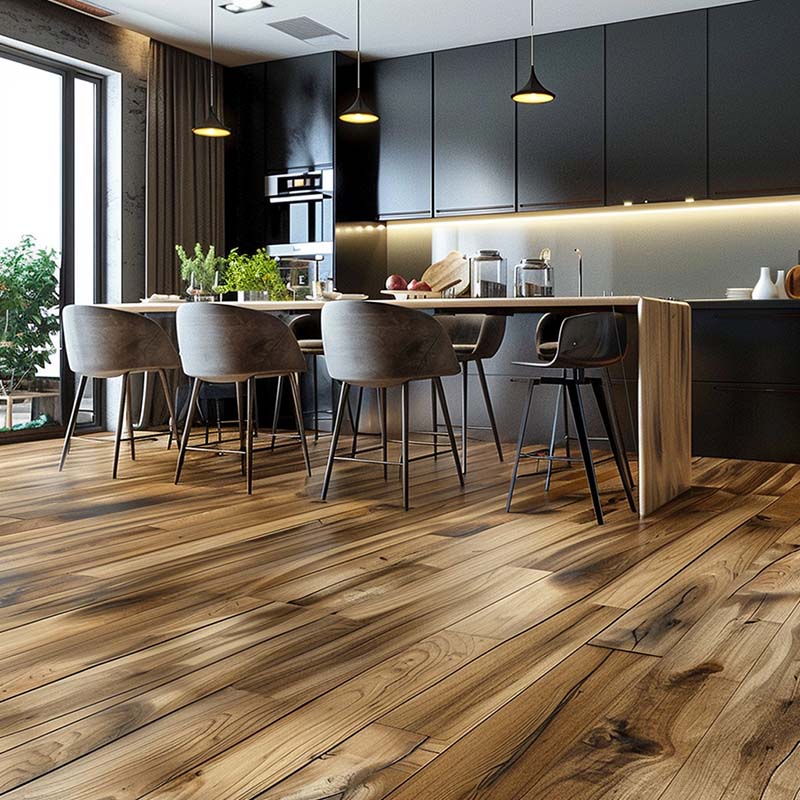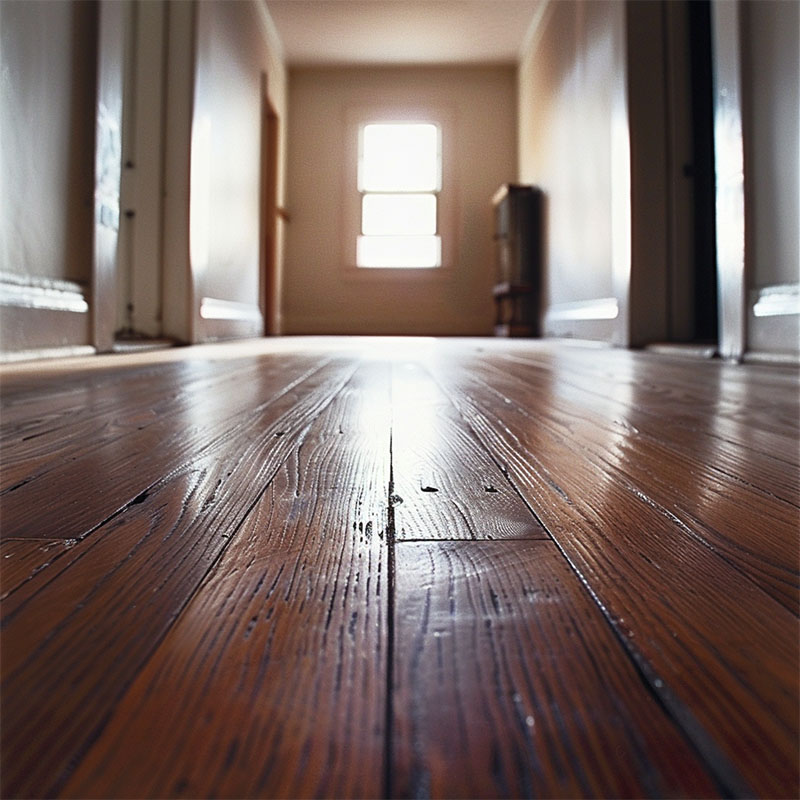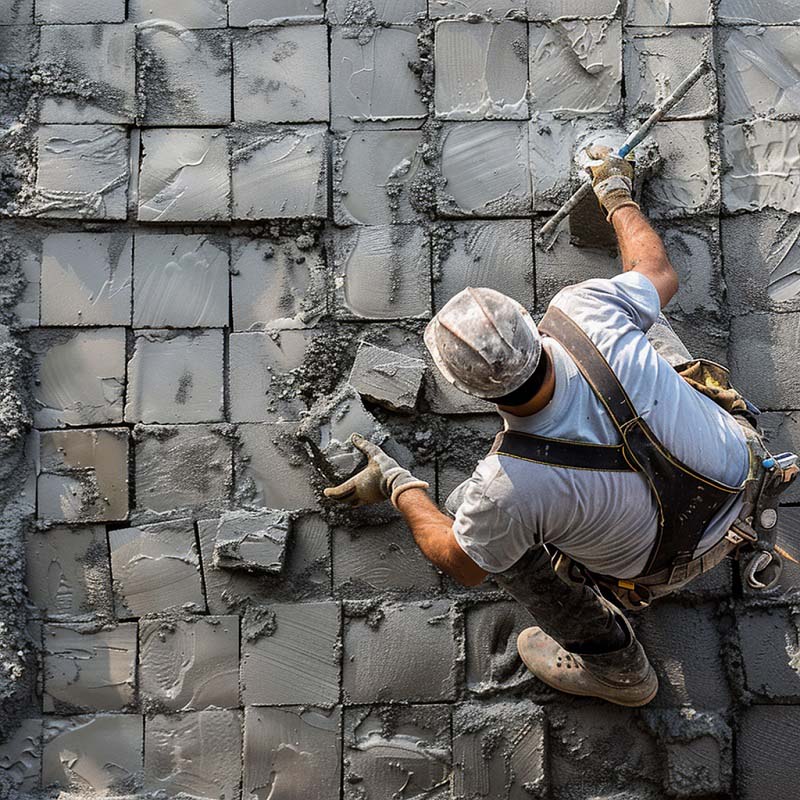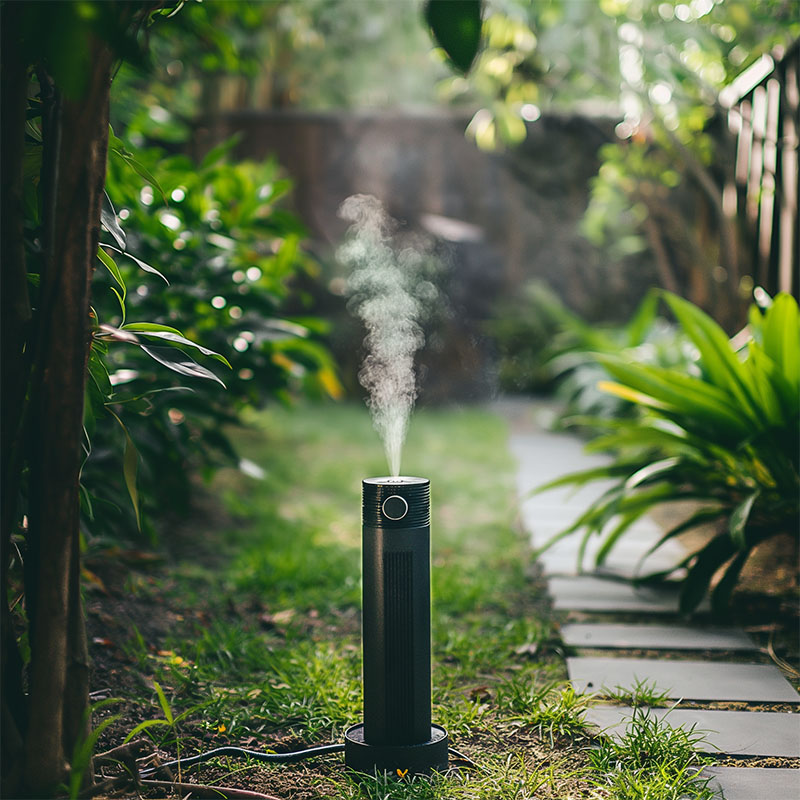Hardwood floors really offer the perfect compliment to the kitchen’s style. Unfortunately, they can’t really handle the challenges of a kitchen…or can they? Find out as we discuss the pros and cons of hardwood flooring in the kitchen.
Pros of Hardwood Flooring in the Kitchen
Timeless Aesthetic Appeal
Hardwood floors have always been a popular choice, and for good reason. Their timeless styles bring the beauty of nature indoors. Even better, modern hardwood floors are available in a variety of styles and colors that are sure to match any room!
Cleanliness
Hardwood floors are simple to clean – and that’s a great pro when it comes to a place where spills are common! Just sweep them a few times per week and mop them once per week, or whenever a spill occurs. It’s that simple.
Just remember to check the documentation for your flooring to ensure the right cleaning product. This will help maintain the beauty and performance of your floors for many years to come.
Here’s another nod to cleanliness: hardwood floors are allergen-friendly! Yes, that includes mold. There is a common misconception that hardwood panels are a breeding ground for mold growth, but newer engineered planks actually help repel its growth.
Warmth
Hardwood floors do a better job of absorbing heat than tile and stone flooring. So, it’s more comfortable when preparing meals or cleaning up messes. Even better, the warmth of wood panels helps increase your kitchen’s R-value – a measure of its overall energy efficiency. This is great since kitchens are one of the worst offenders when it comes to utility costs.
Longevity
Wood panels – especially engineered panels – can last decades when cared for properly. This is great for a space where foot traffic and heavy drops occur daily! And as we’ve already discussed, maintaining hardwood floors is a breeze.
Noise
We know, hardwood floors are known for creaking – although that typically only happens when they’re either installed or maintained improperly.
However, wood panels are actually softer and quieter than stone tile. This means less noise in a room that gets a lot of foot traffic.
Cons of Hardwood Flooring in the Kitchen
Moisture
Solid hardwood panels have traditionally expanded when exposed to moisture. This stems from the natural inclination of wood to absorb water for hydration. It’s great in nature, but it can wreak havoc on your flooring. Hardwood panels are fitted perfectly into place. The expansion and shrinking that occur as moisture levels change will eventually lead to cracked and warped planks. Drastic temperature changes can have a similar effect.
Fortunately, there’s a solution: engineered hardwood planks. More on that later.
Surface Damage
Hardwood planks are durable, but the surface aesthetics are more prone to dents, scuffs, and scratches. This can be concerning in a room where dishes are often dropped accidentally and heavy appliances are installed and moved occasionally.
Fortunately, most hardwood floors can be refinished to restore or even enhance their beauty. However, it’s a tedious process that often requires the work of a professional.
Moisture Resistance and Other Pros of Engineered Hardwood Floors
If you really want the style of authentic hardwood floors in your kitchen, we’ve got great news!
Traditional (solid) hardwood planks are highly susceptible to moisture damage, rendering them impractical for kitchen installations. However, engineered hardwood planks are up for the challenge.
Engineered planks are still crafted from authentic wood, but they feature a layered construction that makes them more durable and versatile. In fact, some planks are completely waterproof! However, other engineered hardwood floors are only water resistant, so check the documentation carefully before buying.




